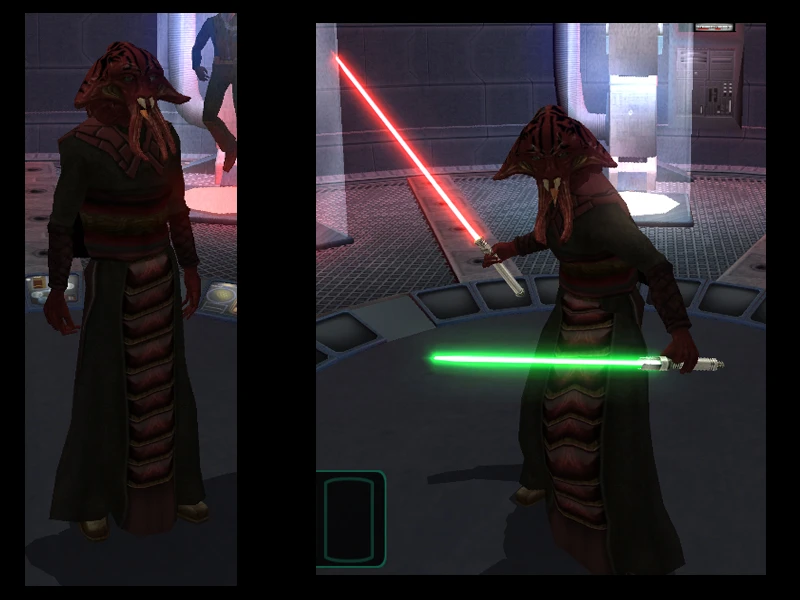


"Of course, we wanted intrigue and vicious backstabbing in Crusader Kings II, since it was so sordidly common in real medieval history. There were also era-specific considerations. Instead of paintings and refrigerators, you ensure that dukes possess the counties that form the traditional bounds of their duchy, and if that's not enough, you can grant them ceremonial titles like "Keeper of the Cups." The goal is still the same: encourage the people that you interact with have more positive than negative relationships toward your character.

You build relationships with your peers by giving them gifts and building the kingdom's infrastructure in a manner conducive to happiness. I think he may overestimate the degree to which people would see the breezy suburban modernity of The Sims as comparable to the epic medieval scope of his game still, it's definitely there. He also mentioned a few games as influences, saying that Crusader Kings II ".(drew) inspiration from various spiritual ancestors some relatively obscure, like The Lords of Midnight and Birthright: The Gorgon's Alliance and others not so obscure, like The Sims." Paradox's commitment to pushing the Europa Universalis game engine to its limits is both slightly bemusing (it was clunky enough when it debuted over a decade ago) and impressive in how much the team seems to be succeeding. "It was more a matter of taking all the similar systems we've developed at Paradox Development Studio over the course of multiple games ( Europa Universalis, Crusader Kings, etcetera) and trying to find a better, unified way of realizing the same thing, with the added requirements of a character based game." First, Crusader Kings II was another evolutionary step for the team. I asked Fåhraeus about the influences and goals for the project, and he gave two main motivators.


 0 kommentar(er)
0 kommentar(er)
